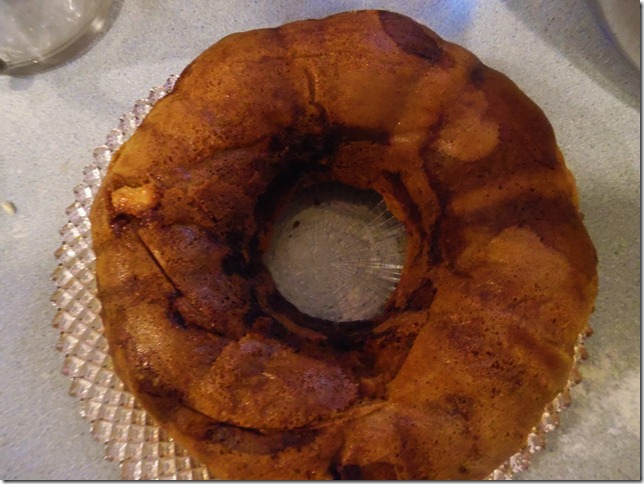Sukkot is coming to it’s end.
Every day during Sukkot we have chanted Hallel, the collections of Psalms that are sung/recited on festivals and at the new moon. Usually lots of Hallel is sung. Usually the tunes that are set to the verses are happy ones.
This year I was very aware of how so much of the text of Hallel is actually on the somber side, asking God to save us, to help us, talking about how our enemies sting us from all sides like a swarm of bees.
I thought back to services at the Jewish Day School that I attended. Many of my teachers probably didn’t think of themselves as Holocaust survivors, (even our teacher who had done time at Dachau). I assume that they thought of themselves as refugees, escaping just ahead of Hitler.
Most of my Jewish studies teachers had spent their early lives in Eastern Europe or Germany. My school had a tradition not to sing during services but to use the traditional musical chanting modalities. Hallel always had a deeply mournful quality.
Part of the celebration of Sukkot includes Hoshanot, a parade of people changing liturgical poem with a refrain asking God to save us. Each day has it’s own poem.
Today is Hoshanah Rabba and all of the poems from the week are recited. We all marched around the synagogue seven times. Each of the poems has a theme. The themes range from the metaphorical to the practical.
At the very end, we take willow branches and them beat them until the leaves fall off.
I realized as I marched along holding my lulav and etrog with everyone else responding to the poems, repeating each phrase, bracketing each one with “hoshanah” please save us that this was just one of probably lots of ceremonies that remain to us from the Temple service. It was at the same time completely silly and deeply, primaly moving.
After services ended, the lulavim and etrogim that were purchased with such care and kept so carefully all week were suddenly of no more use.
Our synagogue collects the palm, and myrtle and willow branches and recycles them.
I asked for the etrogim, as did another member of the congregation. I planned to make a dessert to serve the community on Simchat Torah. The other etrog collector is making jam.
I wasn’t sure exactly what I would make.
I read a bunch of recipes and realized that the etrog pith is bitter. Most recipes suggest soaking the cut up fruit for twelve hours before beginning to make anything from it.
I remembered that the directions for candied grapefruit peels suggest boiling the peels in water three times and discarding the water each time before boiling the rinds in a sugar syrup.
So I got to work cutting up the etrogim.
I then boiled them up.
I tossed the water, twice and then added water and sugar. I don’t think that I am making a jam.
I think I will make a cake that will include chopped up candied etrog rind. I will then pour the syrup over the cake. The etrog cake baking will take place tomorrow.
I have already make a cake for tonight.
It’s a marbled pumpkin pear cake. I had made a non dairy pumpkin custard for dessert for Friday night. The left over custard is in the cake. This cake didn’t stick to the pan because I lined the pan with a square of parchment paper with a hole cut in the middle for the center of the pan. I am feeling very clever for thinking of that. The cake will be dusted with confectioner’s sugar before serving.
As this season comes to an end. It has been such a mix of the liturgical and the practical, the spiritual and the physical. Every year it is a season of looking forward and looking back.
People tend to divide Jewish life into the traditionally masculine life of text and synagogue and the more feminine one of hearth and home. What I learned from my parents is that all of it, the cooking and the waving of the lulav, the cleaning and the hoshanot, the baking and the piuytim are all part and parcel of the very same thing.
Chag Sameach, Moadim L’Simcha, Chagim U Zmanim L’Sasson.





Comments
Post a Comment
I love hearing from my readers. I moderate comments to weed out bots.It may take a little while for your comment to appear.